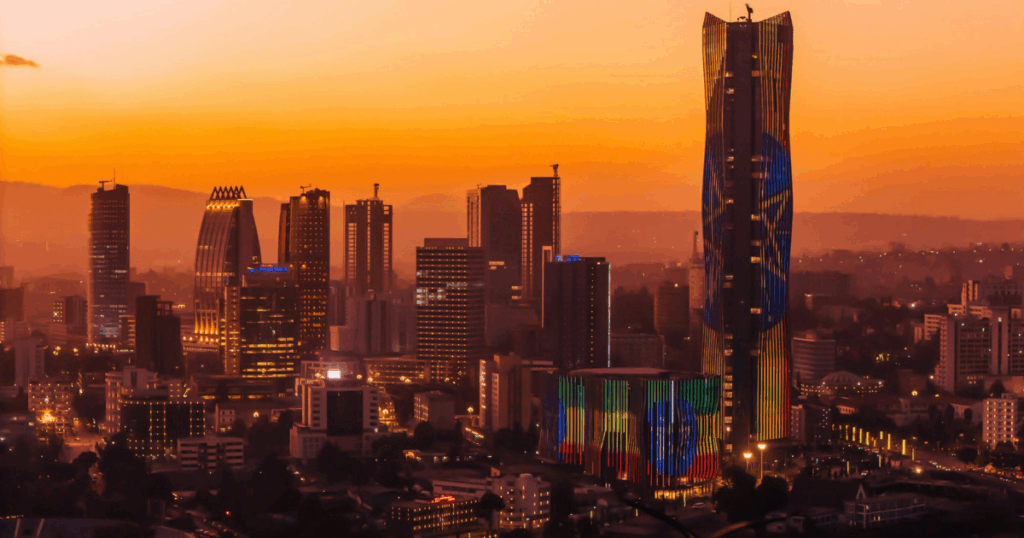Doing business in Tunisia
- How quickly can I set up a business?
- What is the minimum investment needed?
- How can I raise finance?
- What are the legal requirements for setting up my business?
- What structure should I consider?
- What advice can you give me in regards to payroll and taxation requirements?
- Is there anything else that I should know?
How quickly can I set up a business?
The process depends on the type of business to be established, but you should plan for 10 to 20 days.
What is the minimum investment needed?
The minimum investment depends on the activity and your business plan.
The minimum capital shares is as follow:
- limited liability company: no minimum required but in practice, you should need a minimum of 1000 TND (303€)
- joint-stock company: 5000 TND (1515€)
If you want to benefit from the benefits of investment law, the project financing plan must include a minimum equity of 30% of the cost of the investment.
How can I raise finance?
Several banks and international investment funds can participate in the financing of the investment whether in the form of capital or debt.
However, banks require real guarantees or counter guarantees from mother companies for new ones.
Equity financing depends on the business plan and is generally possible after a few years of existence.
What are the legal requirements for setting up my business?
You can setup a company or a branch. The company will have capital shares and legal moral personality, however the branch hasn’t a specific moral personality different from the mother company.
A branch cannot benefit from the grants and tax advantages of the investment law. In the exchange law, you can establish resident or non-resident company.
The capital shares of a non-residents company must be owned by non-resident shareholders for at least 66%. These companies are not subject to the restrictions of the Tunisian exchange laws but must be totally export companies.
An export company is a company who do more than 70% of its revenue outside Tunisia or with other non-resident companies.
What structure should I consider?
The most common types are the LLC and the JSC:
Limited liability company:
- Companies bringing together partners who know and trust each other.
- The share of the partner is only transferable with the consent of all the other partners.
- it can be set up with 1 up to 50 partners
- Each partner is only bound within the limit of his contribution.
- The director has large powers to manage the company with third parties and administration.
This is the most used type of companies in Tunisia.
Joint-stock company:
- The shares are freely tradable.
- Each shareholder is only bound up to the limit of his contribution.
- made up of at least 7 shareholders
- the management is more complicated (board of directors, president, general manager …)
This type of company is mostly used for the joint ventures between local and foreigner investors.
What advice can you give me in regards to payroll and taxation requirements?
Location:
Located at the northern tip of Africa and only 140 km from Europe, Tunisia is at the heart of the Euro-Mediterranean logistics chain, which makes it the ideal hub which gives access to several major markets.
Tunisia has the statue of Advanced Partner with the European Union and negotiations are underway for the signing a Free Trade Agreement (ALECA).
Tunisia is member of the African Continental Free Trade Area, the largest trade area in the world in terms of participating countries since the formation of the World Trade Organization.
Human resources & payroll:
Tunisia has qualified, competitive and successful human resources at all levels. Tunisia is considered as a talent geyser in the Mediterranean region with:
- over 70,000 new graduates each year.
- 35% of students graduating in engineering, computer science, communications and other technical fields.
- over 1,000 vocational training centres providing training for 140,000 trainees in hundreds of specialties covering all economic sectors.
The guaranteed minimum wage is 429 dinars (130€). In practice, the first salary of an engineer is around 300€ and is exempted from tax and social security cost for 2 years.
Tax & social system:
There are 52 bilateral agreements of non-double taxation between Tunisia and the majority of the countries which it has economic links:
- The standard corporate tax rate in Tunisia is 15%, there are other rates for specific sectors such as the financial sector;
- Withholding taxes on distributed dividends is 10%;
- the standard rate of VAT is 19%, there is other reduced rate of VAT (13% and 7%) for specific products and services;
- Specific tax and financial advantages for investments in regional development areas and project of national interest.
- The contributions to the social security system are based on the gross salary (57% for employers and 9.18% for employees).
- Training contracts and specific sectors and exempted from social security contributions (conditions).
Startup Act:
The Start-up Act is a legal framework designed to promote start-up launched or settled in Tunisia. It’s structured around a label and a series of measures aimed at entrepreneurs, investors and start-ups such as:
- Tax Exemption on capital gains Investment Instruments
- Social Charges Exemption
- Corporate Income Tax Exemption
- Investment Instruments
Is there anything else that I should know?
Pleasant living conditions:
In Tunisia, the living conditions are most pleasant and are similar to those of the countries of southern Europe. In addition to the mild climate and the variety of landscapes, Tunisia has all the necessary facilities and amenities for foreign investors to live comfortably:
- modern residential neighbourhoods with luxury homes at reasonable cost, much lower than European cities,
- many shopping malls and hypermarkets
- foreign schools: French , Canadian, British, Italian , Russian and American,
- Various and developed infrastructure for tourism, leisure and sports
- high standard medical services with a network of modern and specialized clinics offering varied medical care and where more and more foreign patients come to treat,
Tunis has been ranked the 4th world’s cheapest city for expats, according to a 2021 survey by American asset management firm Mercer, Jenny Southan reports.
Our firms in Tunisia
How can Kreston grow your business?
Select your business type:
Latest news
Mid-market outlook in Africa
The sixth, and final edition of Going Global is now available, spotlighting the mid-market outlook in Africa.

New Ethiopian internship and entrepreneurship programmes
TAY Audit Service LLP in Ethiopia launch new Ethiopian internship and entrepreneurship programmes that hope to engage this generation.

Angola airport; a new gateway for Africa
Angola Airport is set to become a major African air hub, driving trade, investment, and economic growth across Angola and the wider region.

